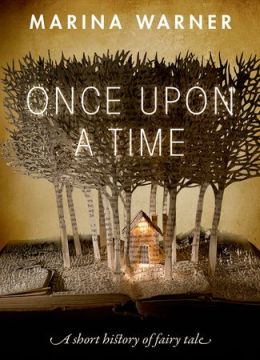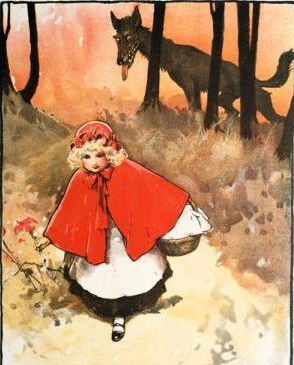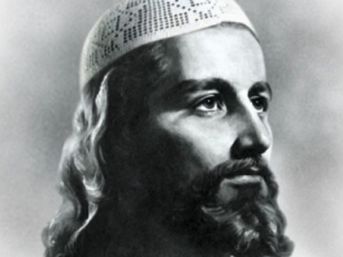Owing to their “motiveless malignity,” fairy tales possess great power to enchant us and to rekindle our imagination.
This is the central thesis of Marina Warner’s
Once Upon a Time: A Short History of Fairy Tale (Oxford University Press, 226 pages), a scholarly but lively survey of centuries of fairy tales and academic research about them. She makes a persuasive case for fairy tales as a crucial repository of human understanding and culture, whether spot-on or faulty, as in such creepy stories as a witch putting a beautiful woman into a coma with a poisoned apple, a father cutting off his daughter’s hands when the devil offered him wealth, a boy becoming a deer upon drinking bewitched water from a well, and a young woman naively revealing her pregnancy by asking why her dress was getting tight around the belly.


An award-winning scholar on mythology and fairy tales, Warner argues that fairy tales don’t need happy endings because they are not ways of resolving the unfairness of our experience or the frustration of our emotions, but just serve to provide a framework for imagining our human situation overall. They have their roots in a mixture of what she calls “honest harshness” and “wishful hoping” in depicting the hardest challenges we face as human beings and the possibility of “alternative plot lines” or ways out or through. She then traces the trajectory of these fantastic stories as they traveled across cultural borders and got passed down from generation to generation, ever-changing and renewed with each retelling.
In a review of Warner’s book for the
New Statesman, Rowan Williams, an Anglican prelate, theologian and poet, has this to say about these transformations of fairy tales: “But when we become culturally more suspicious of ways out, something changes: (these) stories have to be coloured with a tragic palette, a recognition of what can’t be wished away.”
Read Aimee Bender’s review of Marina Warner’s Once Upon a Time in The New York Times Sunday Review now!Read Rowan William’s review of Marina Warner’s Once Upon a Time in NewStatesman.com now!ABOUT THE AUTHOR:Marina Warner, an award-winning writer of scholarly studies on mythology and fairy tales, is a Fellow of All Souls College of Oxford University, an Honorary Fellow of Lady Margaret Hall, also of Oxford, and a Fellow of the Royal Society of Literature as well as of the British Academy. Warner was awarded with the Sheykh Zayed Prize and the Truman Capote Award in 2003 for her various scholarly literary studies and was honored with the Order of the British Empire in 2008 for services to literature.
ANOTHER INTERESTING READING:
In “Jesus: the Muslim prophet,” a review of Tarif Khalidi’s
The Muslim Jesus in the December 10, 2014 issue of the
New Statesman, senior editor Mehdi Hasan says that Christians like to claim ownership of Christ and would rather gloss over the fact that the veneration of Jesus by Muslims began during the lifetime of the Prophet of Islam. He acknowledges that Christianity is rooted in the belief that Jesus is the Son of God while the Muslim faith looks up to him as a most esteemed prophet, but he asks: Why should this be a source of tension rather than way of building bridges between the world’s two largest faiths?
Read Mehdi Hasan’s “Jesus: the Muslim prophet” in NewStatesman.com now!